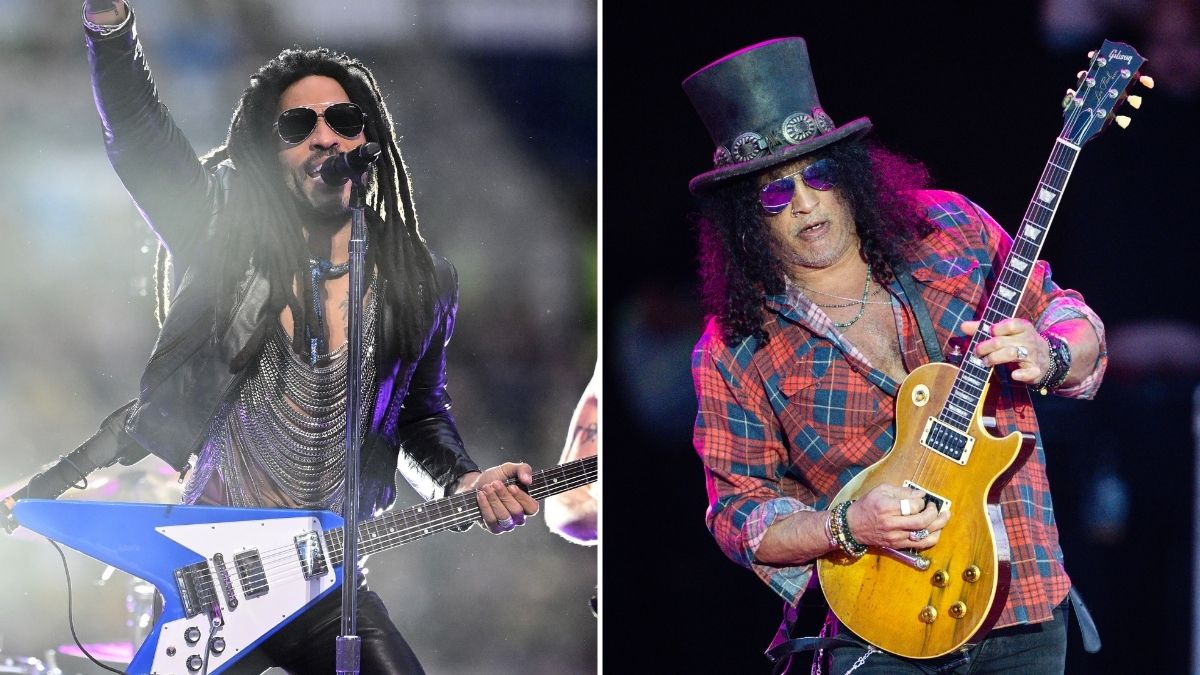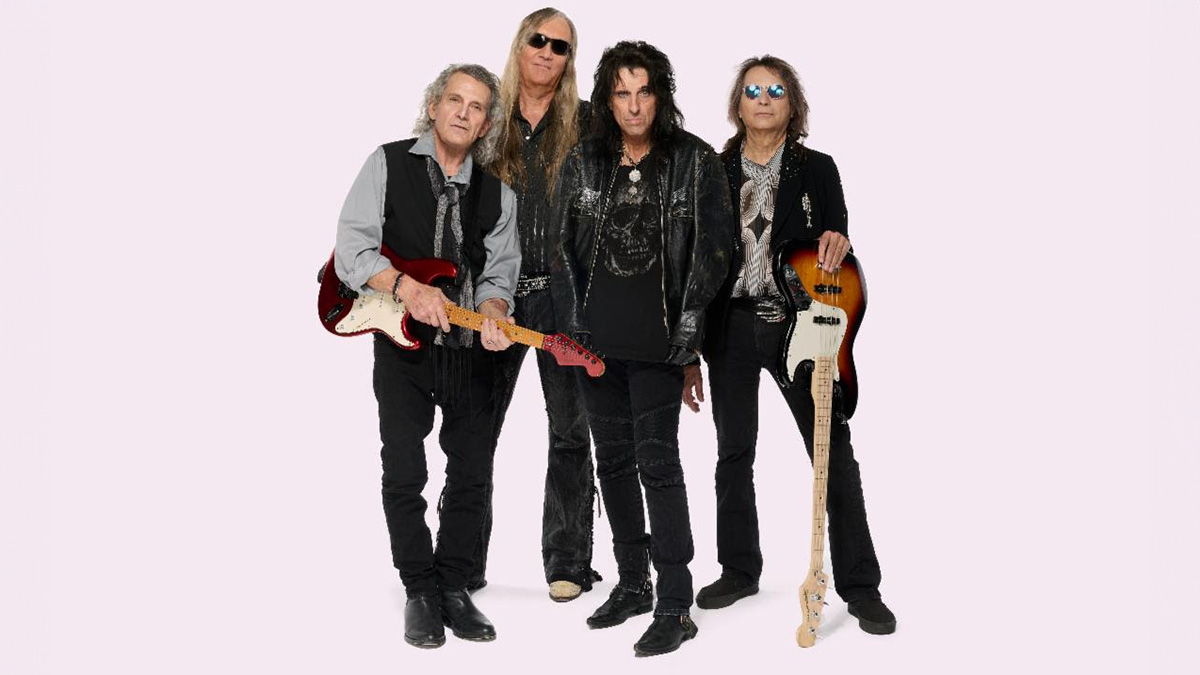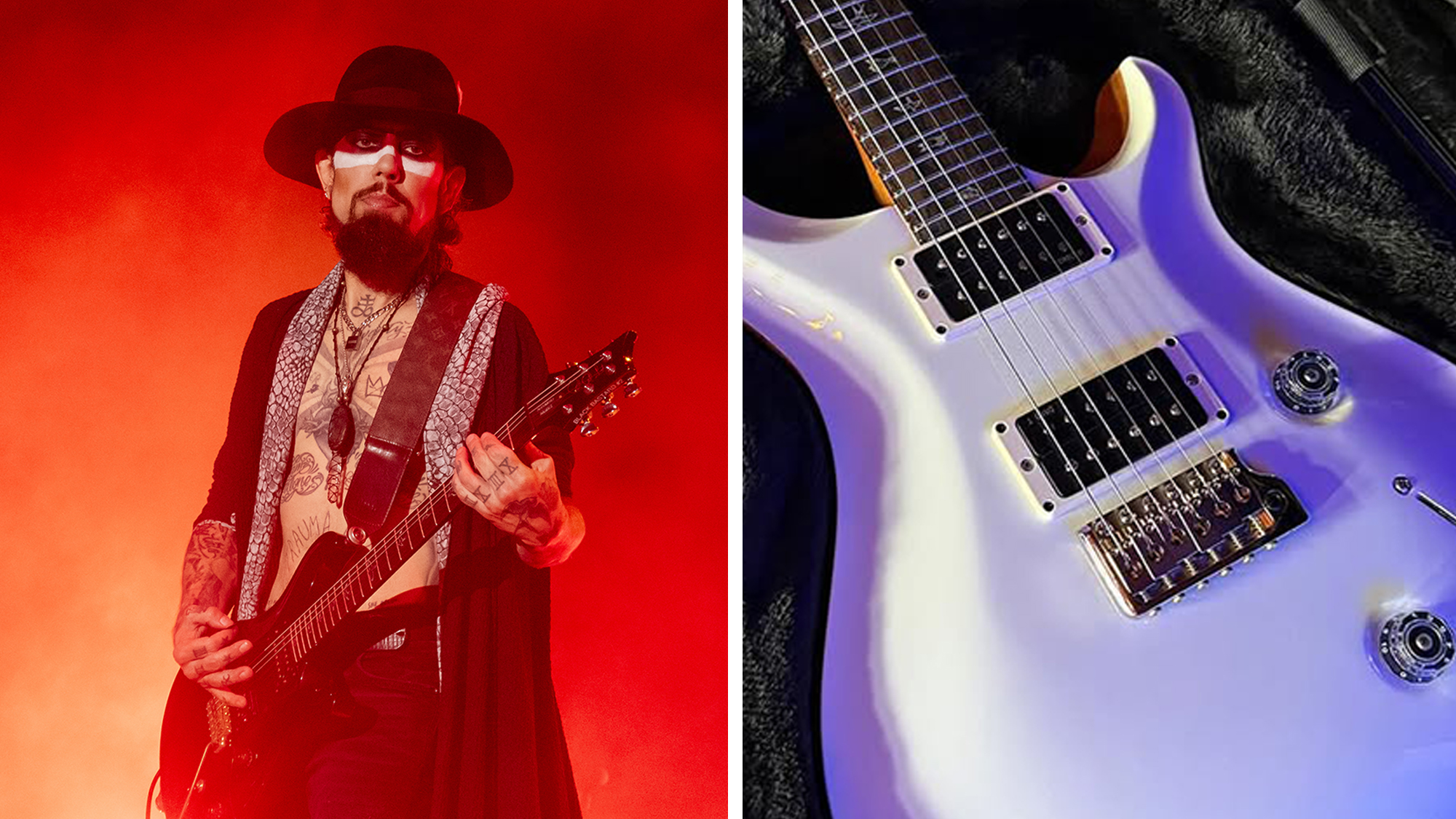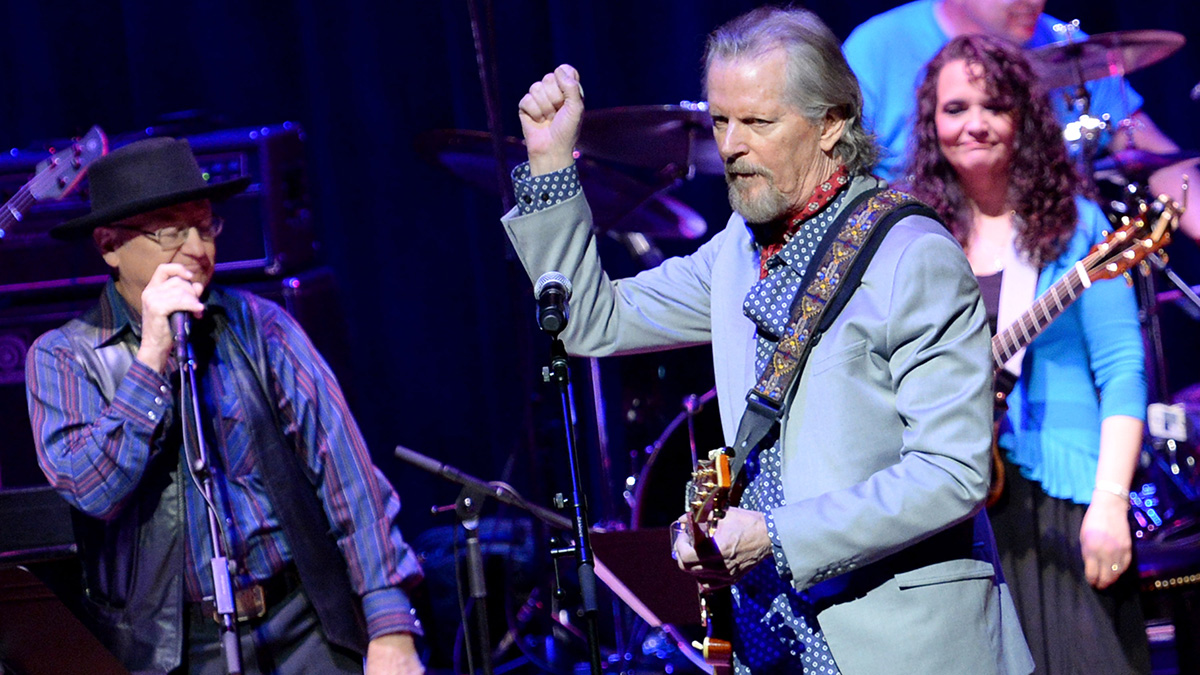“We took the train to Hoboken with the vodka, a couple guitars and a bag of ice that was slowly melting. We got to the studio and we just did it”: Lenny Kravitz on how he finally collaborated with his high-school classmate Slash
Kravitz explains how the pair’s reunion led to magic in the studio with the song Always on the Run

It’s January 1990, and Lenny Kravitz, having placed himself on the map with his debut album, Let Love Rule, is at the American Music Awards. Sat a few rows ahead of him is Slash, who he recognizes, but not just as the guitarist who wrote Appetite for Destruction.
“Guns N’ Roses is sitting in front of me and I see this guy and I'm like, I know this guy,” Kravitz recently told Apple Music. “And I'm looking at him like, wait a minute... We went to high school together! And then we both realized, so we exchanged numbers.”
The Beverly Hills High School alumni, classmates with singer-songwriter Maria McKee and Nicolas Cage, kept in touch and soon found themselves in the studio together.
Recently, in a new interview with Apple Music – charting key moments across his career and his new album, Blue Electric Night – Kravitz explained how their electrified reunion went down.
“He was just finishing a tour in England and said he wanted to do something. He jumped on the Concord, which got into New York City at 8.30 in the morning or something, and came to my place.
“He had me search for a gallon of vodka and a bag of ice, which by the time he got to me, it was 9.30am. I ended up banging on [my] neighbor's doors, got the vodka, got the ice.
“We took the train to Hoboken [New Jersey], where the studio was, with the vodka, a couple guitars and the bag of ice that was slowly melting, we got to the studio and we just did it.”
Get The Pick Newsletter
All the latest guitar news, interviews, lessons, reviews, deals and more, direct to your inbox!
The plan was for Slash to play a guitar solo on Fields of Joy, which would become the opening track on his second album, Mama Said. Speaking to MusicRadar in 2019, Kravitz revealed that the session was over before they knew it.
“It was a one-take solo,” he said. “He wanted to play it over again, but I wouldn't let him. I always love first takes.”
So, with time on their hands, they set to work on a new track.
“We started to jam and that riff to Always On The Run ended up coming out,” he explains. “I actually think he had been honing it before he got there. The song just wrote itself. To cut the track, he played the riff, I was on the drums.
“We got through the take and then I played my guitar part, which is the counter-rhythm part. Then I played the bass. He played his solo and then I wrote the horn arrangement, had the horn players come in and that was that. Did the vocals. It was a great session. Really fluid, it was very quick and spontaneous.”
Mama Said later became a huge success and is certified platinum in five countries, including the US, UK, and Canada.
Recently the guitarist and songwriter told Guitarist how he, in turn, impressed another star, as Kravitz recalled the time he blew Prince’s mind with his guitar tone during a jam with the Purple One.
A freelance writer with a penchant for music that gets weird, Phil is a regular contributor to Prog, Guitar World, and Total Guitar magazines and is especially keen on shining a light on unknown artists. Outside of the journalism realm, you can find him writing angular riffs in progressive metal band, Prognosis, in which he slings an 8-string Strandberg Boden Original, churning that low string through a variety of tunings. He's also a published author and is currently penning his debut novel which chucks fantasy, mythology and humanity into a great big melting pot.
“Such a rare piece”: Dave Navarro has chosen the guitar he’s using to record his first post-Jane’s Addiction material – and it’s a historic build
“The best guitar player I ever heard”: Nashville guitar extraordinaire Mac Gayden – who worked with Bob Dylan, Elvis, Linda Ronstadt and Simon & Garfunkel – dies at 83













